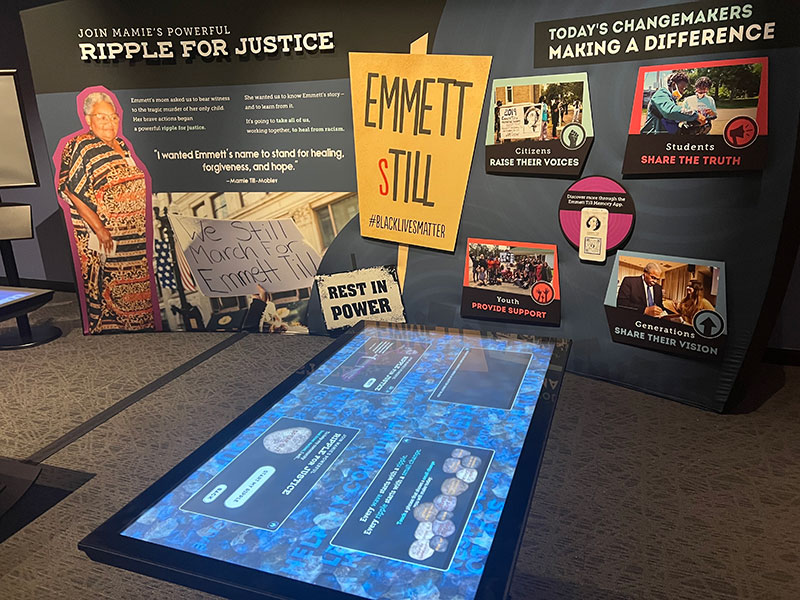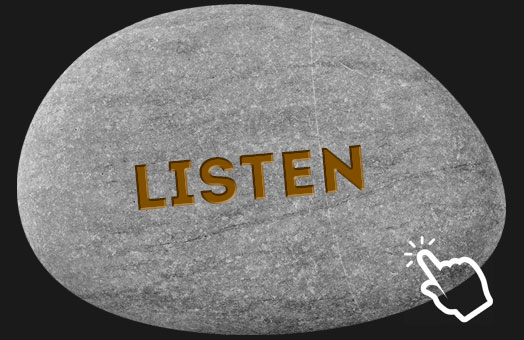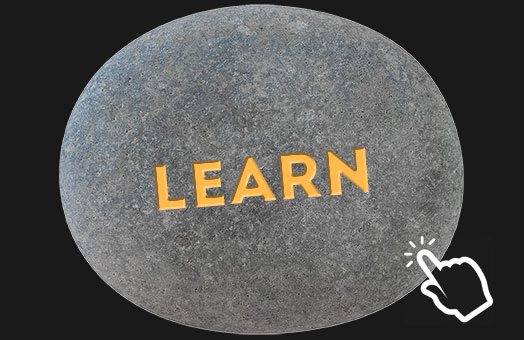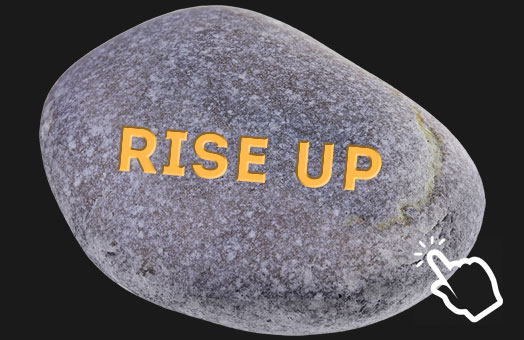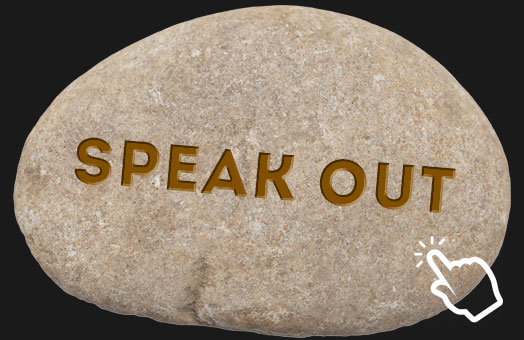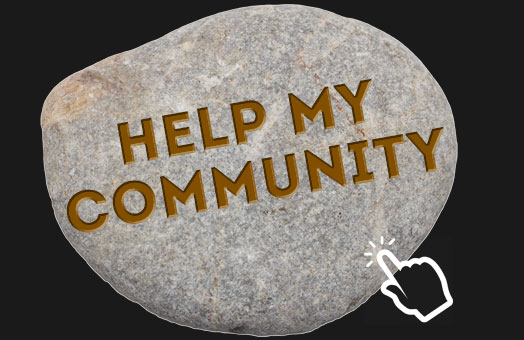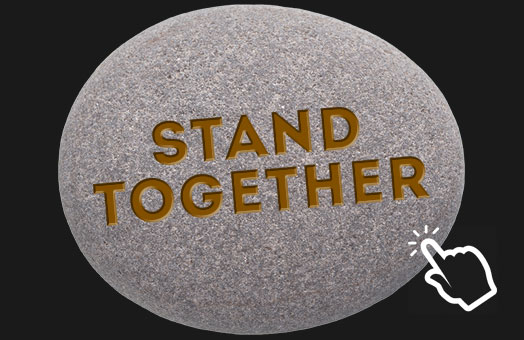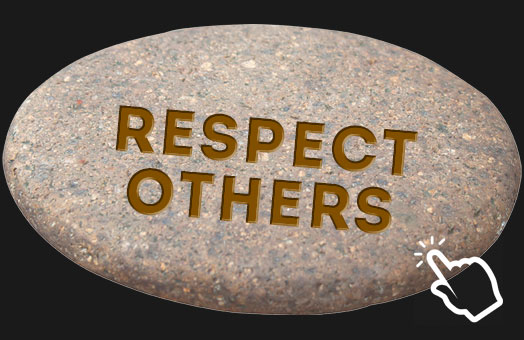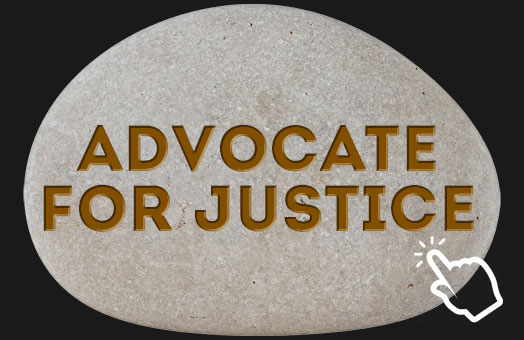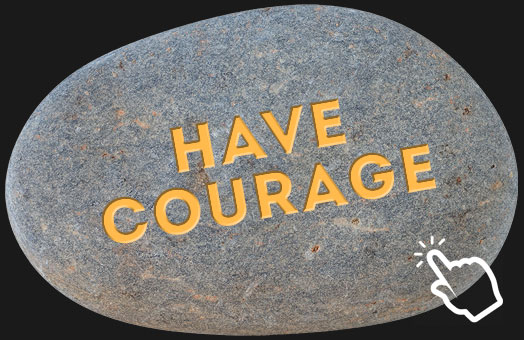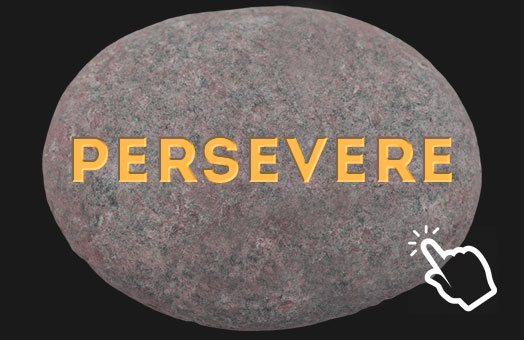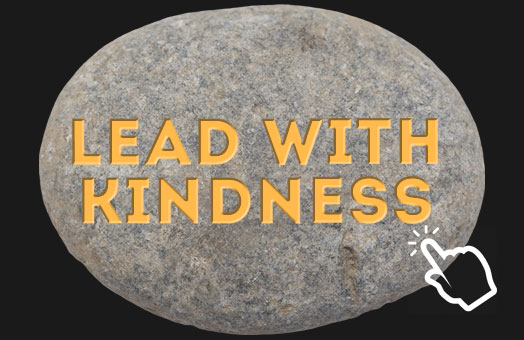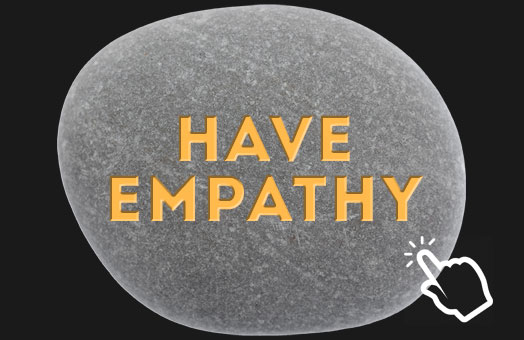Emmett’s mother wanted the hateful torture and murder of her son, and the miscarriage of justice that let his murderers go free, to fuel a wave of change. She fought to bring change so that such an atrocity would not happen again. The actions of one woman made Ripples for Justice wherever she went. Those ripples turned into a wave of change still rolling through our society today.
Today, the legacy of Emmett Till and Mamie Till-Mobley relies on you. Join Mamie Till-Mobley’s powerful Ripple for Justice by standing up for racial justice in your community. It's going to take all of us, working together, to make a change.
